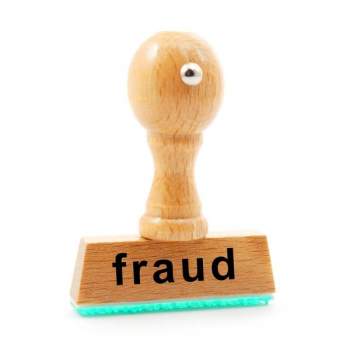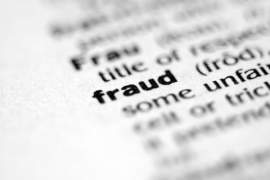
Understanding Health Insurance Fraud

Health insurance fraud is one of the forms of insurance fraud that most often becomes romanticized in fictional representations, because of the potential for helping others that seems to be present in health insurance fraud. Much health insurance fraud is perpetrated by physicians themselves, and this romanticized version of health insurance fraud presents the idea that doctors consistently violate insurance policies in order to best serve their patients.
While this type of medical insurance fraud does, undoubtedly, occur, it is not the only type of health insurance fraud, as health insurance fraud is just as likely to be oriented towards financial gain as all other areas.
Doctors seeking to provide the best possible care for their patients will perpetrate medical insurance fraud simply because of the nature of the current American system. Some patients who very much need expensive treatments simply cannot afford those treatments, and may not have the health insurance necessary to alleviate the costs of those treatments.
As a result, the only way for those patients to receive such treatments is to perpetrate health insurance fraud. Doctors will then perform one operation on patients, the operation that the patients actually need, and will report an entirely different operation to the insurance company, ensuring that the reported operation is either one that the patients' insurance covers, or one that is nowhere near as costly as the actual operation.
This type of health insurance fraud is often cited as a reaction to the poor system of American healthcare, in which the poor cannot have access to the medical care that they need. Indeed, in general, Americans are significantly more accepting towards health insurance fraud of this nature, as it is considered fundamentally more noble and morally just.
But the other forms of health insurance fraud, which are indeed significantly more focused on profit for the perpetrating doctors, are considered just as reprehensible as any other kind of fraud, and with good reason. Medical insurance fraud for profit's sake often involves doctors performing unnecessary prescriptions and referrals, simply to generate further profits for the doctors in question. While this does not initially seem to qualify as health insurance fraud, it becomes more clearly so when you examine it more closely.
A patient who is unnecessarily assigned a new prescription will use his or her health insurance to help pay for the prescription. This means that the group really shouldering the cost of the prescription is not the patient, but is instead the health insurance company. As a result, physicians prescribing unnecessary medical care is clearly an instance of health insurance fraud.
Health insurance fraud can also involve more blatant lies on the part of the physician. For instance, a physician might perpetrate health insurance fraud by billing for treatments he simply did not perform, instead of simply billing for unnecessary treatments. A doctor might bill people who were not actually receiving any form of health care, but who were there with the patient, such as family members of the patient.
These practices are generally much more obvious than assigning unnecessary procedures, but can still be difficult to root out. If each claim is also not of a great enough value, the insurance company might choose to simply pay the claim, instead of worrying about trying to investigate the possibility of health insurance fraud.



















